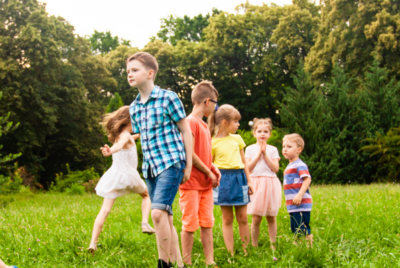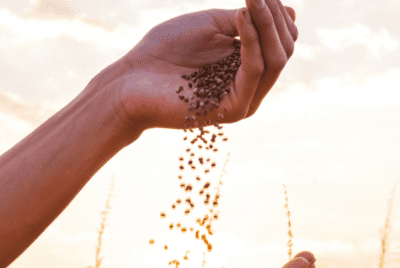RESEARCH
The Role of Horticultural Therapy in the Treatment of Refugees with Post-traumatic Stress Disorder
Summary
This literature review explores the potential role of horticultural therapy in treating Post-traumatic Stress Disorder (PTSD) in refugees. It addresses the global issue of an unprecedented number of people forcibly displaced, with a significant portion being refugees who frequently suffer from mental health problems due to trauma, including PTSD. The paper first reviews the existing literature on the effectiveness of horticultural therapy, which involves engaging in gardening and plant-based activities for therapeutic goals, particularly its use with military veterans and active duty soldiers diagnosed with stress-related disorders and PTSD. It defines PTSD and its symptoms, discusses traditional treatment methods like Cognitive Behavioral Therapy (CBT), Eye Movement Desensitization and Reprocessing (EMDR), and pharmacotherapy, and highlights the role of Occupational Therapy in addressing the occupational deficits experienced by individuals with PTSD. The core aim is to understand the documented benefits of horticultural therapy in other populations with PTSD and consider its practical application to the specific challenges faced by refugees.
Drawing on studies involving veterans, the review indicates that horticultural therapy has shown positive associations with improved PTSD symptoms, including a reduction in bodily symptoms (such as pain, sleep disturbances, and high arousal), a decrease in cortisol levels (the body’s stress hormone), and improvements in self-identity and autonomy. Given that refugees and military members often experience trauma leading to similar core PTSD symptoms, the paper suggests that these documented benefits in veterans indicate a potential for horticultural therapy to be effective in treating refugees with the same ailment. The paper explores how horticultural therapy could be practical in refugee settings, potentially utilizing existing skills, providing an outlet for activity, facilitating learning new skills, promoting social interaction, fostering a sense of autonomy and self-efficacy, and helping refugees cope with the stress of relocation and loss of identity. It also touches on the potential for Occupational Therapists, with their focus on helping individuals engage in meaningful daily activities, to integrate horticultural therapy techniques into their practice with refugees.







